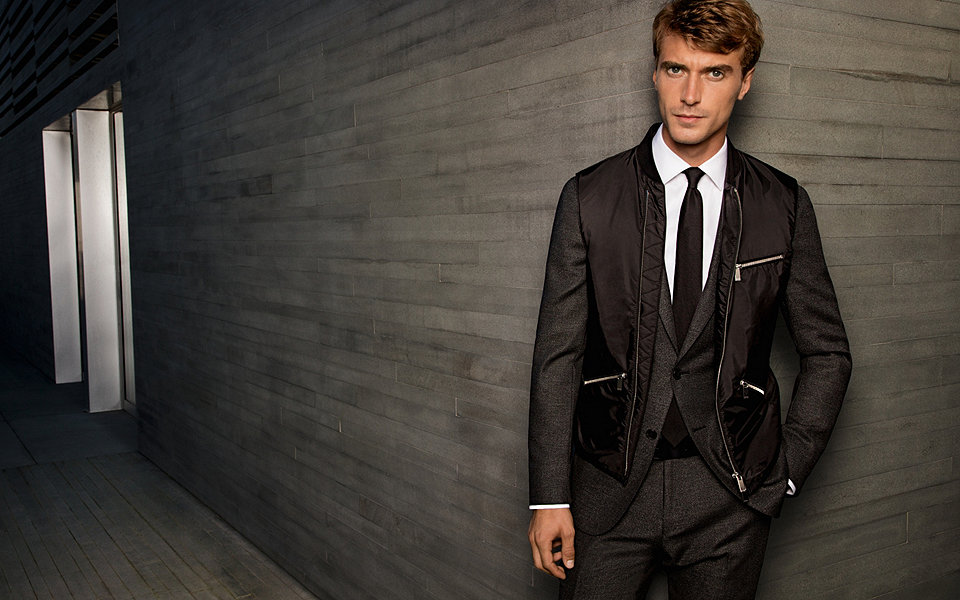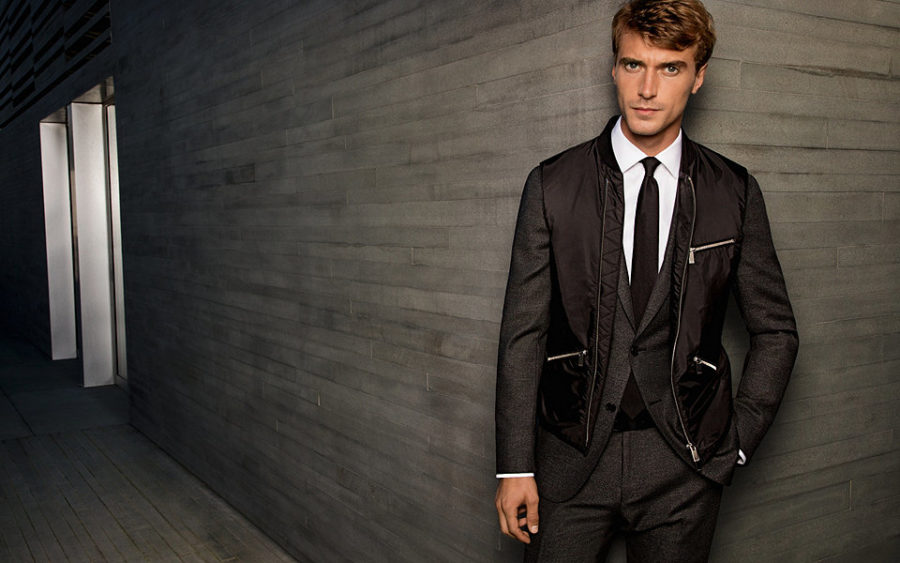HUGO BOSS EXPECTS STABLE DEVELOPMENT AFTER A TOUGH 2016


The company’s sales dropped by 4 percent to EUR 2,693 million ($2,854 million) for the fiscal year 2016 compared to EUR 2,809 million ($2,977 million) for 2015. Adjusted for currency effects, this is a decrease of 2 percent.
In Europe, sales in local currencies grew by 1 percent. An increase in the high single-digit range in Great Britain and growth in smaller markets was partially offset by sales declines in Germany and France. In the Americas, sales fell by 12 percent when adjusted for currency effects. The main driver behind this result was a double-digit decline in sales in the States. The company significantly restricted the distribution of its brands in the wholesale business, and in doing so consciously accepted a loss in sales. In Asia/Pacific, sales fell by 2 percent when adjusted for currency effects. Sales in China decreased 6 percent in currency-adjusted terms, however momentum improved markedly over the course of the year. In the fourth quarter, sales on the Chinese mainland grew by almost 20 percent on a like-for-like basis, meaning that sales were up also in Asia/Pacific as a whole.
Sales in the Group’s own retail business were 2 percent above the prior year’s level in local currencies in 2016. Currency-adjusted retail comp store sales fell by 6 percent. In the fourth quarter however, development in all regions improved on the previous quarters, which limited the comp store sales decline to 3 percent. At year-end, the number of free-standing retail stores was 442. Including shops-in-shops and outlets, the Group’s retail store network grew by around 1 percent to roughly 154,000 square-meters.
Sales in the wholesale business in local currencies were 9 percent below last year’s level, which was mainly due to the discontinuation of business with discount driven retailers. The license business improved by 12 percent particularly due to the positive sales performance in fragrances.
Menswear sales fell by 2 percent in local currencies and womenswear sales declined by 1 percent.
“2016 was not an easy year for Hugo Boss,” said Mark Langer, CEO of Hugo Boss AG. “However, we reacted quickly and consistently to the changes in our environment and introduced a set of measures to put us back on the right track. The realignment is beginning to take effect and the first results are becoming visible. In particular, we managed to turn around our business in China. This year we will implement concrete measures of the strategy which we decided upon last autumn. We are adjusting our business model to changes in customer behavior. With the clear alignment of our brand portfolio into BOSS and HUGO we will be able to make better use of our strengths in the upper premium segment. I am very confident that Hugo Boss will return to sustainable and profitable growth after this phase of stabilization.”








